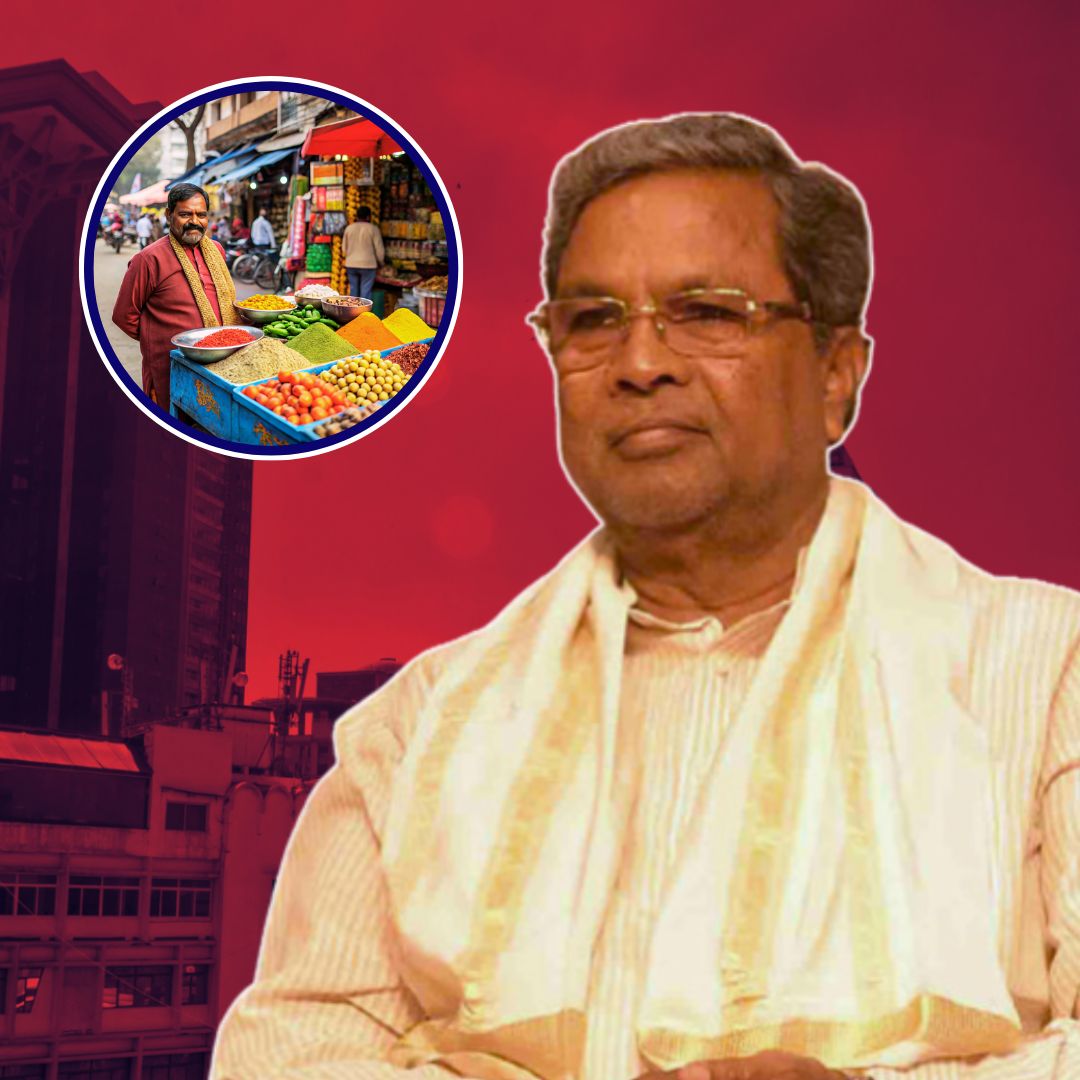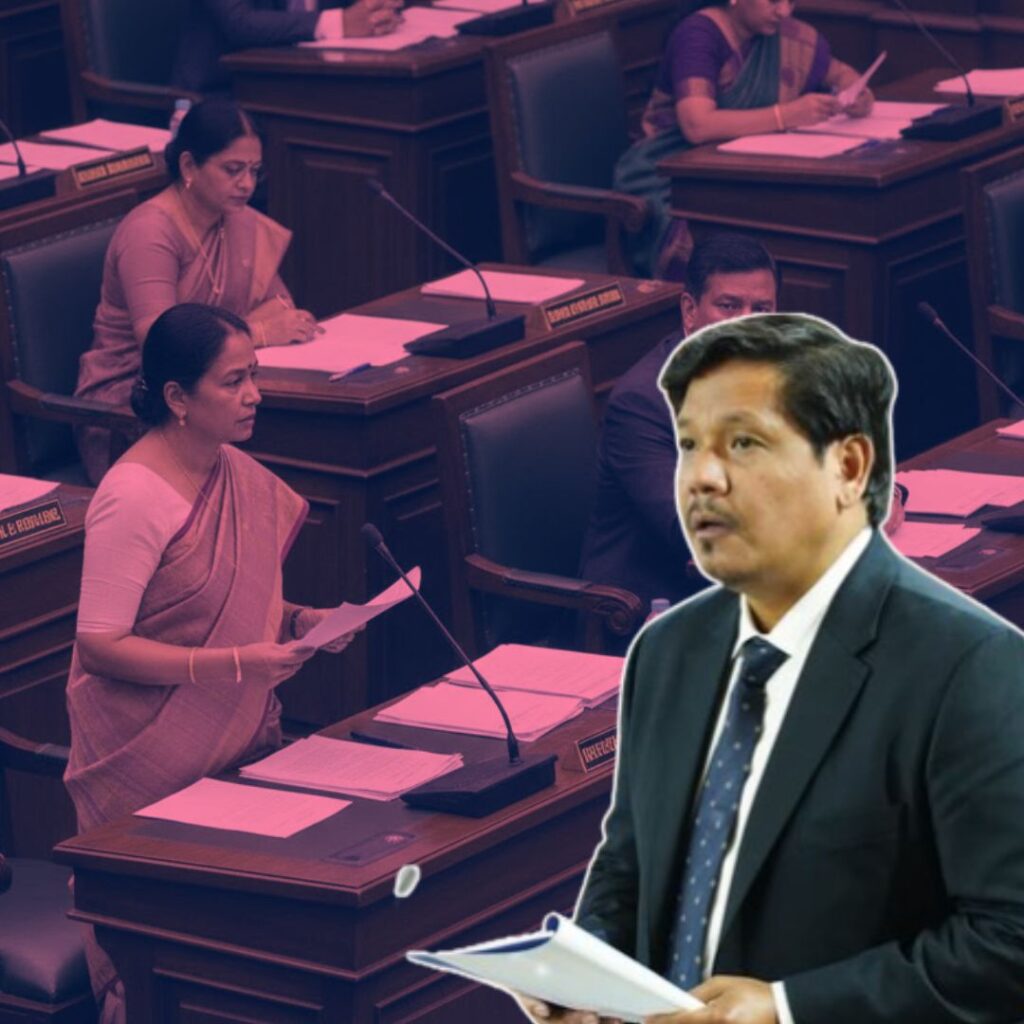Karnataka’s small traders have called off their statewide bandh, originally planned for July 25, 2025, after the state government announced the withdrawal of GST tax notices on exempt goods and a waiver on old tax arrears. The move comes after days of escalating protests—most visibly through the suspension of tea, coffee, and milk sales—as vendors decried GST notices based on UPI transaction data.
Chief Minister Siddaramaiah assured that only traders exceeding ₹40 lakh turnover on goods, and not those selling tax-free essentials, would be scrutinised, and old dues would not be enforced if vendors register under GST going forward.
Relief Follows Days of Protests and Business Disruptions
For three days, Karnataka’s bakeries, tea stalls, and vendor outlets held symbolic protests by halting sales of tea, coffee, and milk—core staple commodities for lakhs of people, while donning black badges to signal dissent against the GST notices. Vendors warned that retrospective enforcement using digital payment records, especially UPI transactions, wrongly targeted small traders who had embraced digital payments under the government’s Digital India initiative.
In districts like Haveri, stories emerged of vegetable sellers facing staggering tax demands of up to ₹29 lakh for their UPI receipts. Amidst this wave of anxiety and panic, many traders shifted to cash-only operations, fearing freezes on their bank accounts and the threat of business closure. The possibility of a massive bandh loomed, with ripple effects expected across supply chains, especially in Bengaluru where disruption in milk and dairy was already felt.
Clarity and Guidelines After High-Level Intervention
Responding to mounting pressure, Chief Minister Siddaramaiah convened an urgent meeting with trade union representatives and assured a series of concrete steps: no retroactive collection of GST on exempt goods (like milk, fruit, vegetables, and meat), withdrawal of old arrears—provided vendors now register and comply with GST for the future—and instructions to officials to clarify that only those above the ₹40 lakh annual turnover threshold on goods (and ₹20 lakh on services) need to register at all.
“No taxes will be collected from those dealing in exempt goods,” Siddaramaiah stated, highlighting the government’s support for the backbone of Karnataka’s informal economy. In the meeting, concerns were raised that UPI-based notices were often factored in non-business, personal transfers, and loan repayments, inflating liability calculations unjustly. The government promised an expanded awareness campaign—‘Know GST’—and a 24×7 helpline to help traders navigate GST compliance and documentation.
Background: Widespread Confusion and Unrest in Small Markets
Protest leaders and trade association representatives, including those from the Federation of Karnataka Chambers of Commerce and Industry (FKCCI), argued that the crackdown was “arbitrary and illegal,” and that traders should not be penalised for adopting government-promoted digital financial practices.
For many, the threat of huge retrospective demands—some reportedly for transactions as far back as 2021—was a breaking point, with vendors now openly questioning the fairness of GST’s enforcement and demanding more transparency from both state and central authorities. Though the principal trade bodies agreed to call off the strike following assurances, some dissenting voices insisted that planned protests would go ahead due to their exclusion from discussions or the perceived lack of direct engagement with ground-level traders.
The Logical Indian’s Perspective
The Karnataka government’s prompt intervention sends a much-needed message of empathy, clarity, and support to lakhs of vulnerable traders. It is essential that transitions to a digital, transparent economy do not inadvertently criminalise or frighten those the state seeks to uplift.
By focusing on awareness, open dialogue, and an honest assessment of how new tax regimes impact the country’s informal sector, we can find solutions that balance compliance with compassion. As the dust settles, the government, civil society, and the business community should partner more closely to ensure fair, inclusive policy that prevents such crises in the future.












